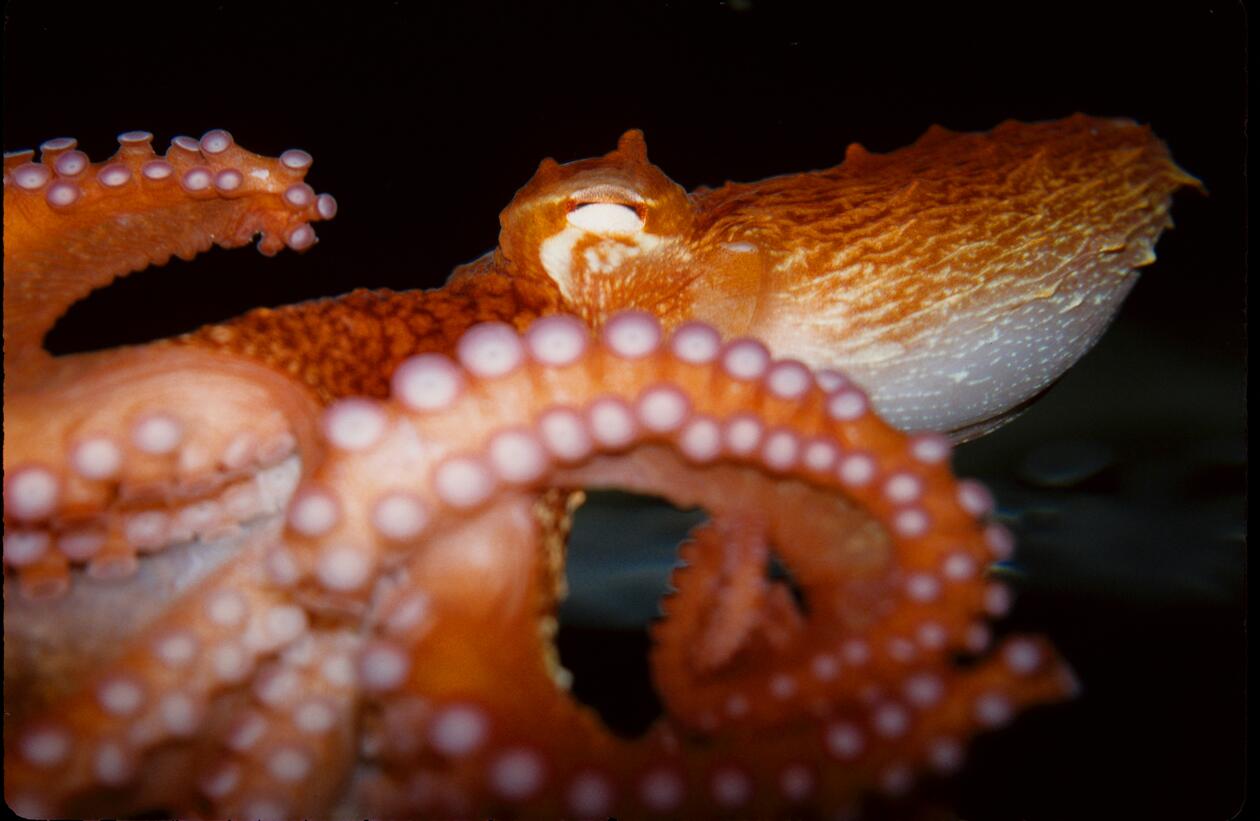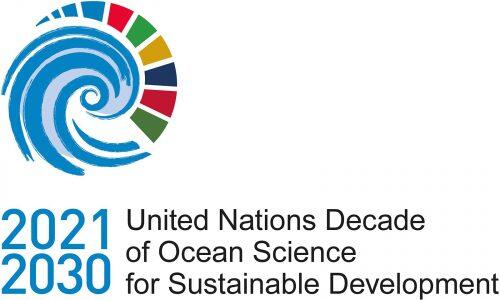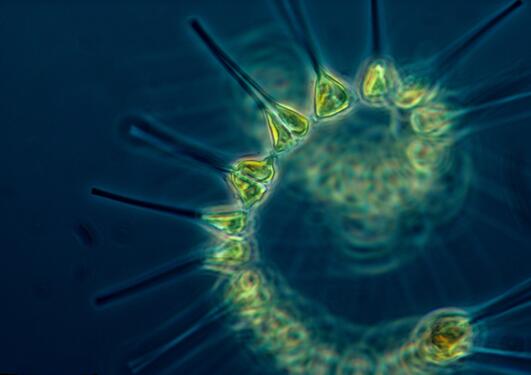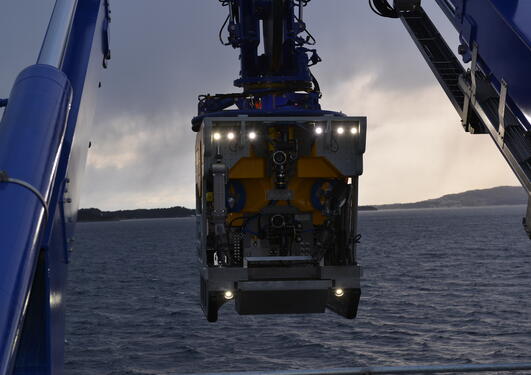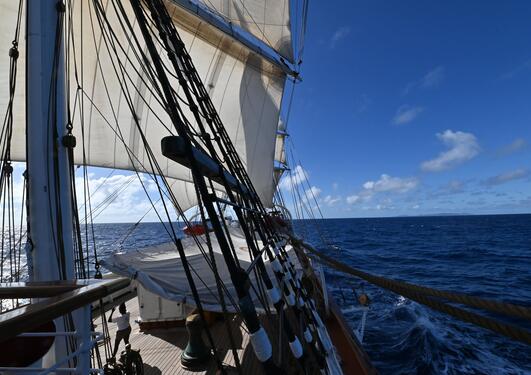Ocean Futures 2030: Marine genetic resources and global benefit sharing
The University of Bergen with partners organised an official satellite event on ocean science diplomacy exemplified by marine genetic resources (MGRs) and global benefit sharing at the Ocean Decade Conference in Barcelona, 9 April 2024. Watch a recording of the event now.
Main content
When: Tuesday 9 April 12:00-13:30 (12:00noon-01:30pm)
Where: Edificio MediaTIC, Carrer de Roc Boronat, 117, Sant Martí, 08018 Barcelona
- Register your interest for the event. (Registration is voluntary, but if you do you may get occassional updates on future events.)
This satellite event at the Ocean Decade Conference in Barcelona brings together scientists, diplomats, policy makers, and other stakeholders for a lively and invigorating discussion on how benefit sharing and ocean science diplomacy can contribute towards protecting, exploring, exploiting, and sharing the goods from the ocean as the common heritage of humankind. The discussion will be set around the ocean/climate/biodiversity nexus. Taking in recent international agreements, e.g., the biodiversity beyond national jurisdiction (BBNJ) agreement and the Convention on Biological Diversity (CBD) with the Montreal-Kunming COP15 framework for biological diversity, to discuss ownership of marine genetic resources (MGRs) and access to any benefits arising from these.
The key component of the event will be to discuss a complex global challenge for the future of the ocean centring on marine genetic resources (MGRs): How can we best manage MGRs and their potential for the emerging blue-green economy? How can we successfully harvest the treasures of the ocean without unsettling the ocean’s ecosystems? How do we balance different types of knowledge? How can science contribute with knowledge towards ocean equity considering a global framework encompassing BBNJ, CBD, IPCC reports, etc? Why is digital sequence information (DSI) not defined in the BBNJ agreement and what is the implication of this for benefit sharing of MGRs?
Benefit sharing from natural resources is a contentious issue, understood quite differently by the rich countries of the global north and the countries of the global south. The notion that the ocean may contain MGRs which have the pharmacological potential to cure the diseases of the world, point to shared global issues, as well as scenarios of high conflict and inequality.
MGRs include the genetic information hosted by marine organisms, enabling them to produce a wide range of biochemicals that can benefit humankind through applications of biodiscovery of pharmaceutical compounds, cosmetics, food supplements, research tools, and industrial processes. An understanding of the structure and function of the genetic diversity of ocean life is also crucial for assessing adaptation potential in a changing climate, and for the conservation and sustainable use of marine biodiversity.
The access and sharing of benefits are complex topics. Taking in a span of different steps: from exploration at sea; to the analysis and archiving of resulting collections and data; to production of scientific output, publications, decision support tools and technological innovation and development.
PROGRAMME
Opening address:
- Dr Yutaka Michida, Chair of the IOC/UNESCO
Opening note on the BBNJ agreement:
Professor Matt Frost of the Plymouth Marine Lab and member of the UK BBNJ MGR working group will speak on:
- Capacity building / support for implementation at the national level i.e. mechanisms to support activities to ensure compliance with and support implementation of the Protocol. How will the capacity building and tech transfer committee work?
- How BBNJ links to other legislation / policy
Panel discussion/conversation:
- Chief Executive Officer and Scientific Director Dr. Anya Waite, Ocean Frontier Institute and Dalhousie University, Canada
- Professor Matt Frost of the Plymouth Marine Lab and member of the UK BBNJ MGR working group
- Professor Pedro Martínez Serra from the Department of Genetics of the University of Barcelona and the university's representative in the European Marine Research Network
- Dr Silvia G. Acinas from the Department of Marine Biology and Oceanography at the Institut de Ciències del Mar (ICM)
Moderator: Professor Lise Øvreås, President of the Norwegian Academy of Science and Letters (DNVA) and Vice-President of the European Academies Science Advisory Council (EASAC) and Professor at the Department of Biological Sciences at the University of Bergen
The satellite event is organised by the University of Bergen with co-organisers:
- SciTech DiploHub, Barcelona
- European Academies Science Advisory Council (EASAC)
- European Union Science Diplomacy Alliance
- United Nations Academic Impact (UNAI)
- International Association of Universities (IAU)
